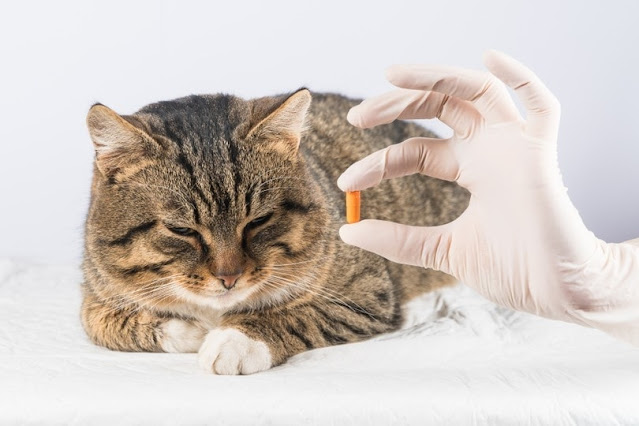is deworming necessary for dogs?
Deworming Medications for Dogs
Keeping our dogs healthy and free from parasites is a top priority for every responsible pet owner. One common and preventable health issue that dogs may face is a worm infestation. These pesky parasites can cause a range of problems for our furry friends, including digestive issues, weight loss, and even life-threatening complications. That’s why deworming medications play a vital role in maintaining the well-being of our beloved pets.
Deworming Schedule for Dogs
Establishing a regular deworming schedule is essential to ensure our dogs are protected against the harmful effects of intestinal worms. The specific deworming schedule for dogs may vary depending on factors such as the dog’s age, lifestyle, and geographic location. However, most veterinarians recommend starting deworming treatment at an early age and following up with regular doses to keep our pets safe.
Puppies, in particular, are more susceptible to worm infections as they can contract parasites from their mother or through their environment. It is generally recommended to start deworming puppies at two weeks of age and continue treatments every two weeks until they reach three months old. After that, a monthly deworming routine is usually sufficient to prevent worm infestation.
Adult dogs with no prior history of worm infestation should typically be dewormed at least once every three to six months. However, the specific interval may vary based on the dog’s lifestyle. For example, dogs that have frequent contact with other animals or spend time outdoors may require more frequent deworming.
Signs of Worm Infestation in Dogs
Recognizing the signs of worm infestation in dogs is crucial in order to identify and address the problem promptly. While some dogs may not show any obvious symptoms, others may display a variety of signs indicating the presence of worms in their system. It’s important to keep a close eye on our dogs and watch out for the following potential signs of worm infestation:
- Unexplained weight loss
- Dull coat and poor overall condition
- Increased appetite
- Diarrhea or vomiting
- Visible worms or segments in stool
- Swollen belly
- Lethargy and decreased activity
- Itching or irritation around the anus
- Coughing or difficulty breathing (in cases of lungworm infection)
If you notice any of these signs in your dog, it’s crucial to consult with a veterinarian for an accurate diagnosis and appropriate treatment.
Is Deworming Necessary for Dogs?
The short answer is yes, deworming is necessary for dogs. Even if our dogs do not show any obvious signs of worm infestation, they can still be carriers of parasites. Some worms, such as roundworms and hookworms, can be transmitted to humans, posing a potential risk to our own health. Deworming medications help eliminate these parasites and reduce the chances of transmission to both humans and other animals.
Additionally, regular deworming is a preventive measure to maintain our dogs’ overall health and well-being. Worm infestations can lead to various complications, including malnutrition, anemia, damage to internal organs, and even death in severe cases. By following a deworming schedule and administering the appropriate medications, we can protect our dogs from these potential threats.
It’s important to remember that deworming should be done under the guidance of a veterinarian. They can recommend the most suitable deworming products based on your dog’s specific needs and provide guidance on the correct dosage and frequency of administration.
In conclusion, deworming is an essential part of responsible pet ownership. By staying proactive and adhering to a deworming schedule, we can prevent the harmful effects of worm infestation and ensure the well-being of our beloved dogs.















